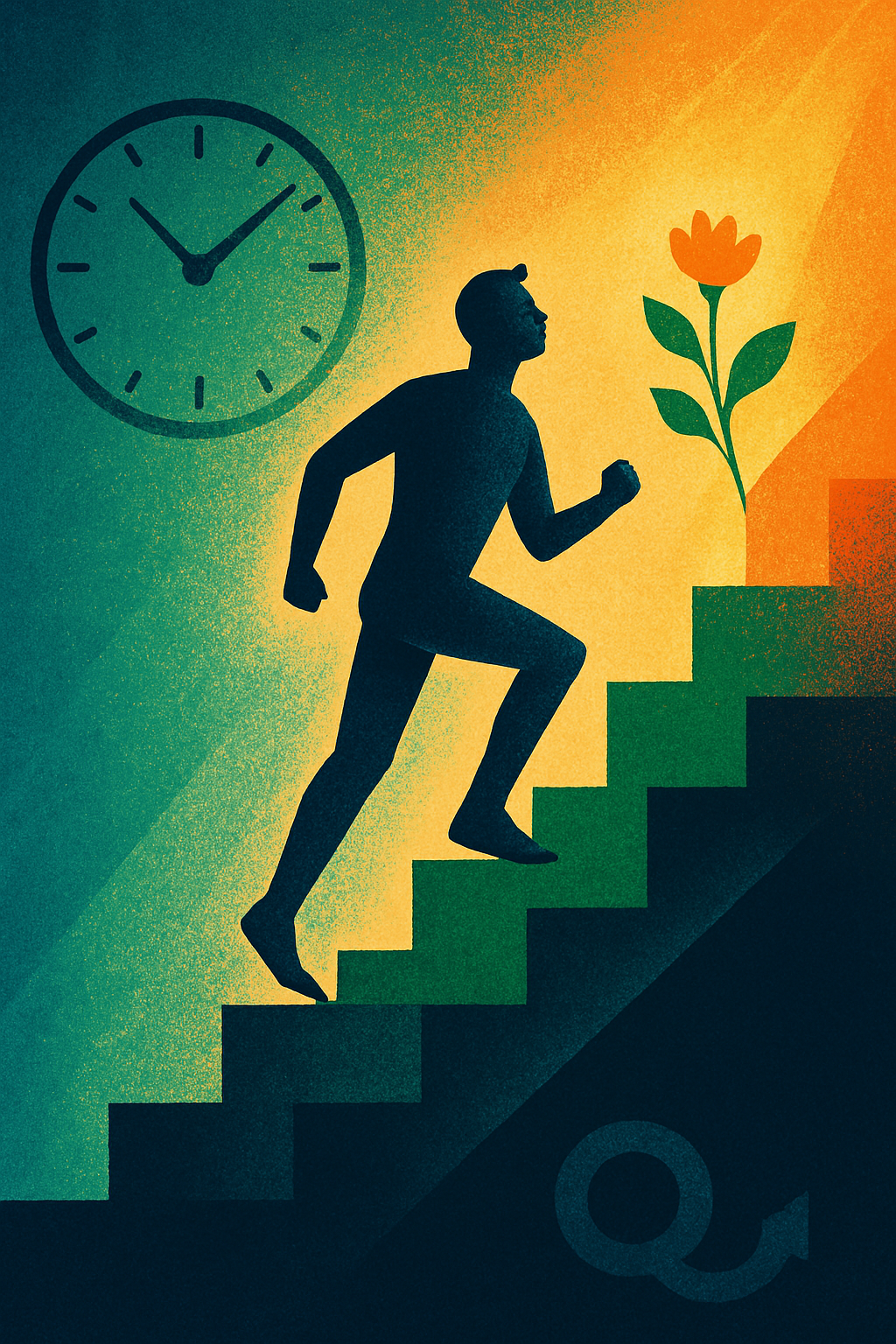Healing Takes Time — and That’s Normal
When facing erectile dysfunction (ED), most men want fast results. It’s understandable — ED affects confidence, relationships, and mental health. But recovery is rarely immediate. Whether you’re improving your lifestyle, starting medication, undergoing therapy, or treating an underlying condition, ED recovery is a process. Understanding what a realistic timeline looks like helps reduce frustration and sets healthy expectations. With the right plan and consistency, most men see real improvements — often faster than they think.
What Affects the Speed of Recovery?
There’s no universal timeline, because several factors influence how quickly ED improves:
- Cause of ED (psychological, hormonal, vascular, neurological, medication-related)
- Age and overall health
- Lifestyle habits (diet, exercise, sleep, stress management)
- Use of medications or therapies
- How long ED has been present
- Level of emotional or relationship support
The more underlying factors you address, the faster and more complete your recovery will be.
Week 1–2: The Starting Point
In the first two weeks, the focus is usually on awareness and action. You may:
- Begin tracking symptoms and habits
- Make dietary changes or reduce alcohol
- Start taking supplements or prescribed medication
- Begin therapy or consult a specialist
Some men taking ED medications may see immediate results during this stage, but most natural or lifestyle-based approaches need more time.
Week 3–4: First Signs of Progress
With consistent effort, this is when subtle changes often appear. You might notice:
- Stronger or more frequent morning erections
- Increased sexual desire or energy
- Improved sleep or mood
- Better communication with your partner
- Less anxiety around intimacy
These early wins are encouraging. It’s important to stay consistent, even if results aren’t yet where you want them to be.
Month 2–3: Significant Improvements
By now, many men experience:
- Firmer, longer-lasting erections
- More reliable arousal response
- Reduced dependence on medication (in some cases)
- Better body composition or hormone levels
- Less fear or pressure around sexual performance
- Stronger emotional connection with their partner
This phase is where confidence returns, especially if you’ve stayed committed to healthier routines and addressed root causes.
Month 4–6: Stabilizing and Maintaining Results
By the fourth month and beyond, ED recovery often shifts from improvement to stabilization. Men at this stage report:
- Consistent sexual performance
- Improved self-esteem
- Resilience against stress or occasional setbacks
- A renewed sex life that feels less mechanical and more natural
Some may still rely on support like PDE5 inhibitors or therapy, but use becomes more strategic, not constant.
Psychological Recovery Follows Physical Progress
Even when erections improve physically, mental and emotional recovery may take longer. After weeks or months of ED, it’s normal to:
- Feel nervous about relapse
- Hesitate to initiate intimacy
- Experience lingering shame or self-doubt
Therapy, mindfulness, and ongoing communication help rebuild emotional safety and self-trust.
When Should You Expect Faster Results?
Recovery is often quicker if:
- ED is mild and recently developed
- The cause is psychological or stress-related
- You’re young and otherwise healthy
- Lifestyle changes are made consistently
- You respond well to medication or therapy early on
In these cases, some men recover in as little as 4 to 8 weeks with the right support.
When Might It Take Longer?
It may take 6–12 months or more if:
- ED has been present for years
- You have multiple health issues (e.g., diabetes, obesity, low testosterone)
- You’re dealing with nerve damage or post-surgical effects
- Medications contribute to symptoms
- Emotional trauma or performance anxiety is deeply rooted
Even in these situations, progress is still possible — it just requires patience, persistence, and the right guidance.
What to Do If Progress Slows or Stops
If your recovery stalls:
- Reassess your plan: Are you being consistent with lifestyle changes?
- Follow up with your doctor: Hormones, blood flow, or medications may need adjusting
- Consider therapy: Especially if performance anxiety or relationship stress is high
- Don’t give up: ED rarely resolves overnight, but setbacks are not failure — they’re part of the process
Long-Term Maintenance
Once you’ve recovered, the goal becomes maintenance, which means:
- Continuing to eat and move in ways that support sexual health
- Managing stress and sleep long-term
- Being aware of early signs of relapse (e.g., fatigue, low libido, poor sleep)
- Scheduling regular checkups to monitor hormones and heart health
Recovery is not just about getting back to “normal” — it’s about creating a new normal that’s better than before.
Final Thoughts: Recovery Is a Journey, Not a Race
Erectile dysfunction recovery isn’t about chasing perfection — it’s about reclaiming confidence, connection, and control over your health. Some men see results in weeks. Others take months. But every step forward matters. With knowledge, support, and consistent action, you can regain a fulfilling, satisfying sex life — one that grows stronger with time, patience, and self-compassion.
